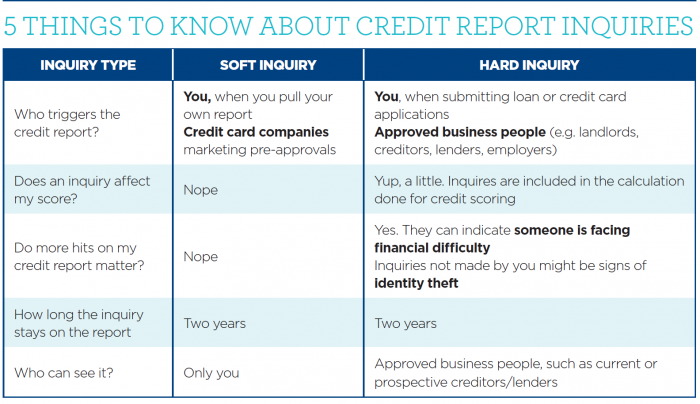As I’m sure you know, Canada’s housing market is on fire, and has been for several years. According to the Canadian Real Estate Association (CREA), between April 2020 and April 2021 – despite a global pandemic – the average house price rose by a whopping 41.9%, rising to $696,000. And data from previous years is similarly impressive.
In Kamloops, the average price of a single family home was $656,238 in April 2021. Condos and townhomes were selling at an average of $401,265 in the same time period.
This is, of course, great news for homeowners, but perhaps not such great news for those trying to get on the property ladder. This has led to a boom in older Canadians helping their adult children with the funds needed for a down payment. According to a recent survey by RBC Royal Bank, 31% of Canadians would help their child pay for a new home.
If this is you, it’s important to ask yourself how you will access the funds to help your child, so you can do so while maintaining your own financial security.
Withdrawing from Investments
Some people turn to savings and investments when they want to access a large sum of money, but this may not always be the best idea. Cashing in investments has the potential to trigger taxes and OAS and CPP clawback, as well as pushing up your marginal tax rate. It can also damage your overall portfolio, which can have a negative effect on your future retirement income – and with more and more Canadians at risk of outliving their retirement savings, this is very important to bear in mind.
Using the Equity in Your Home
In order to avoid the downsides of withdrawing from investments, you can use your home’s equity to help your adult children, that way they also benefit from Canada’s red-hot housing market and the equity it’s enabled you to build up.
HELOC
One way of accessing the cash in your home is through a home equity line of credit (HELOC). This is a revolving line of credit secured against your home that allows you to borrow up to 65% of the property’s value. A HELOC can be a good way of accessing cash, however the approval process has recently become more difficult and some Canadians 55+ are having their HELOC applications denied, often because they lack a regular income due to being retired. Another drawback to the HELOC is the fact that the debt must be serviced monthly, which can eat into your monthly income.
The CHIP Reverse Mortgage
Another way of accessing the cash in your home is with the CHIP Reverse Mortgage. The CHIP Reverse Mortgage allows you to access up to 55% of your home’s value in tax-free cash, which you can use to gift an early inheritance to your adult children and help them get into the property market.
The money you receive won’t damage your investment portfolio and won’t trigger taxes or OAS/CPP clawback. What’s more, since you only pay back what you owe once you leave your home, there are no monthly repayments adversely affecting your retirement income.
The CHIP Reverse Mortgage is a product that’s designed specifically for Canadian’s 55+ with an approval process to fit – this means we don’t discriminate against retirees or those without a regular income, all you have to do is own your home.
If you’d like to find out more about how the CHIP Reverse Mortgage can help you support your adult children, contact a DLC Mortgage Professional today!

